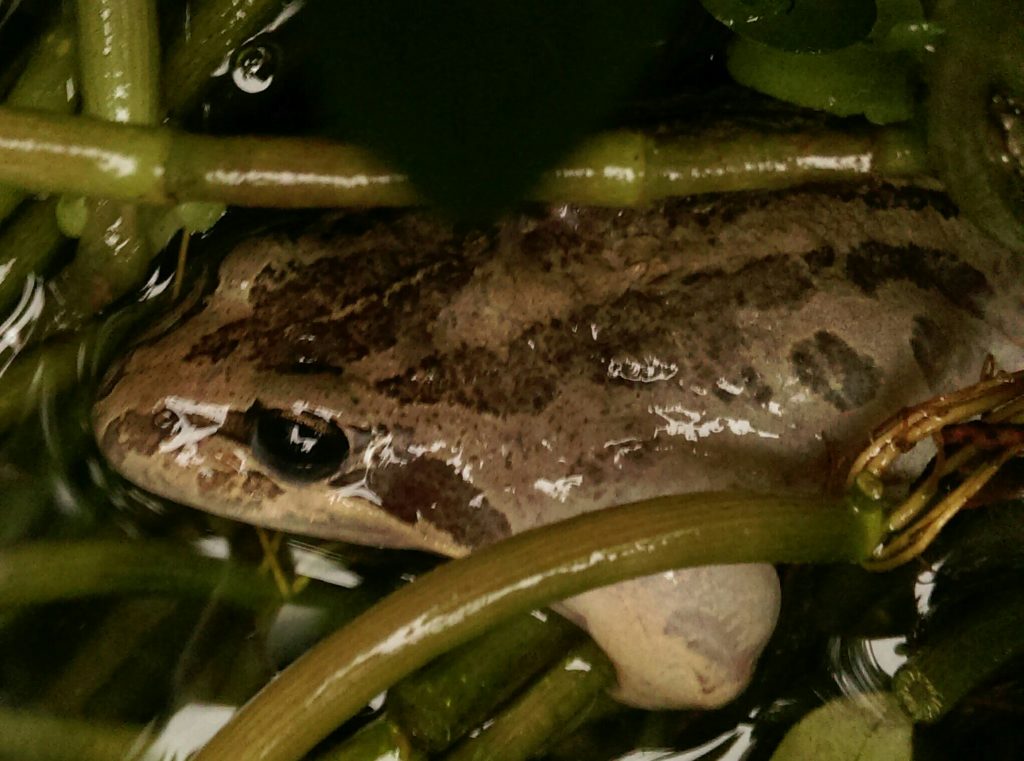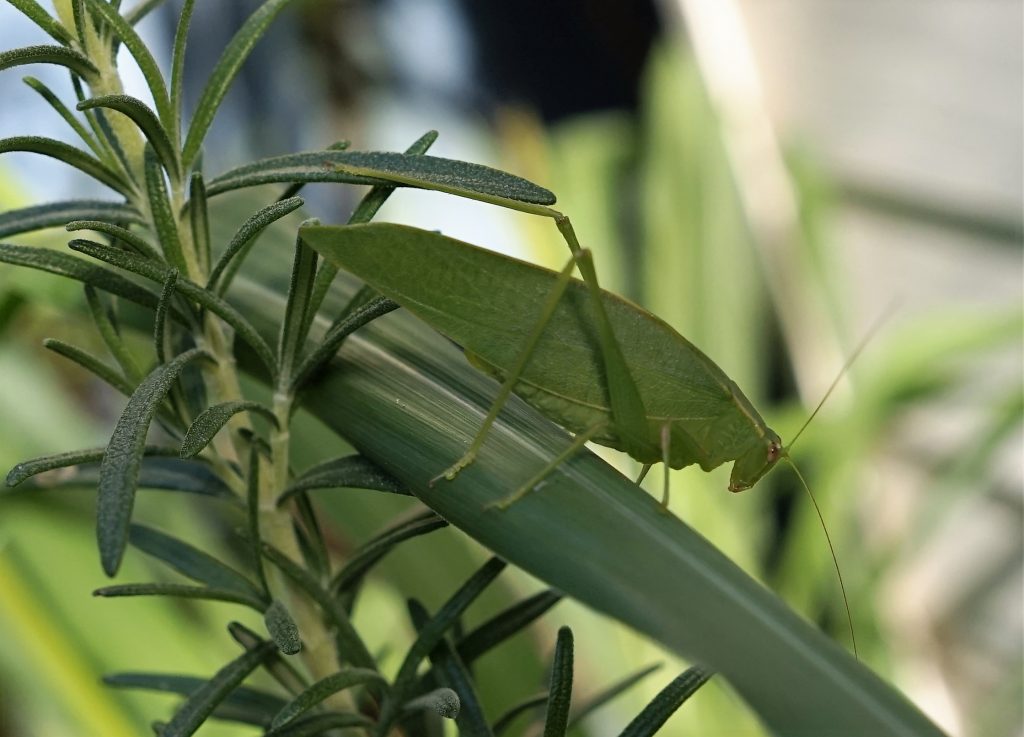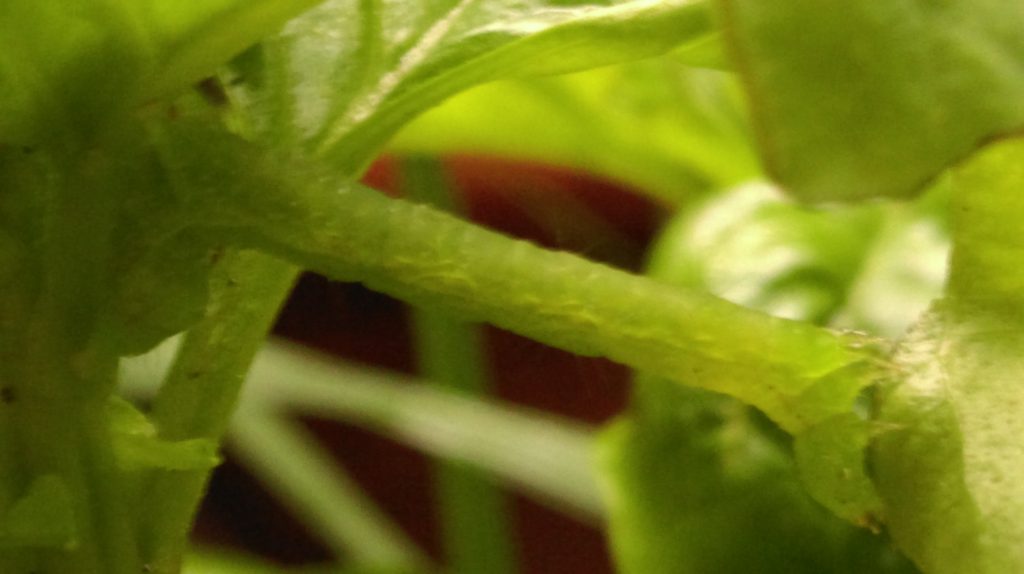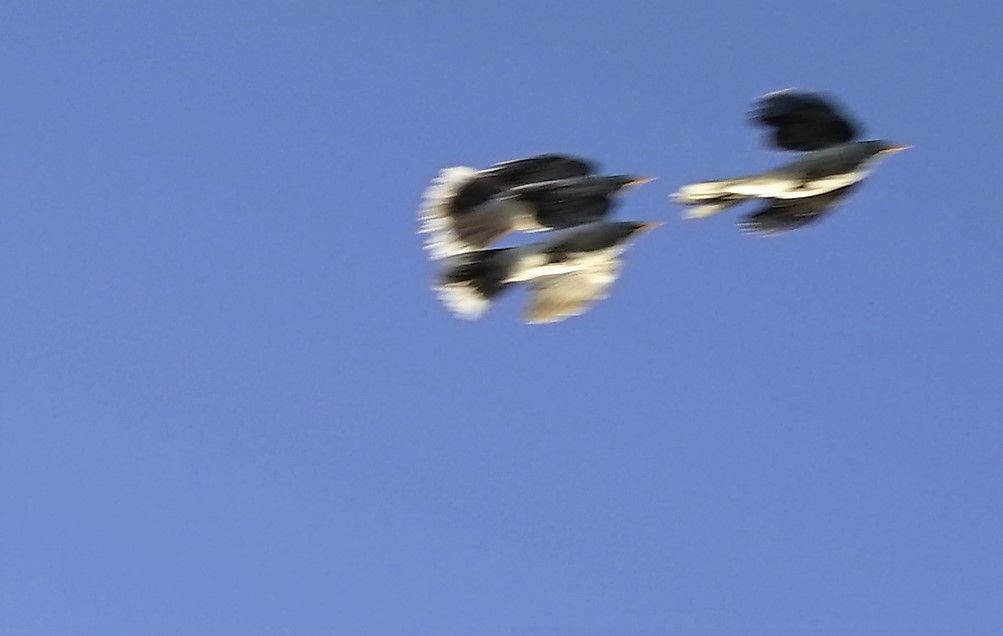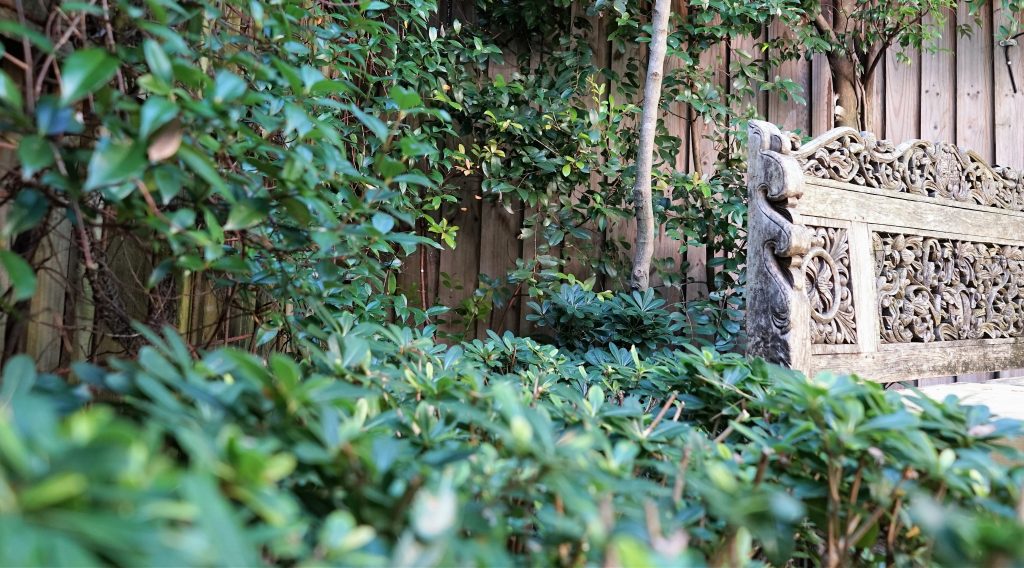[wysija_form id=”2″]
In our area of Newtown, the basic house block is only about 5 metres across. Neighbouring yards are separated by high wooden fences, and the gardens, traditionally, have been small and rough. The local council warns against growing vegetables because of concern about lead and arsenic in the soil. And there is a large dog and cat population.
This might not seem a promising environment for frogs, but even before we put in our first fish pond, sixteen years ago, we had striped marsh frogs passing through our garden, sometimes even coming indoors. I don’t know where they came from or where they were going, but, since we built the ponds, many seem to have stayed.
